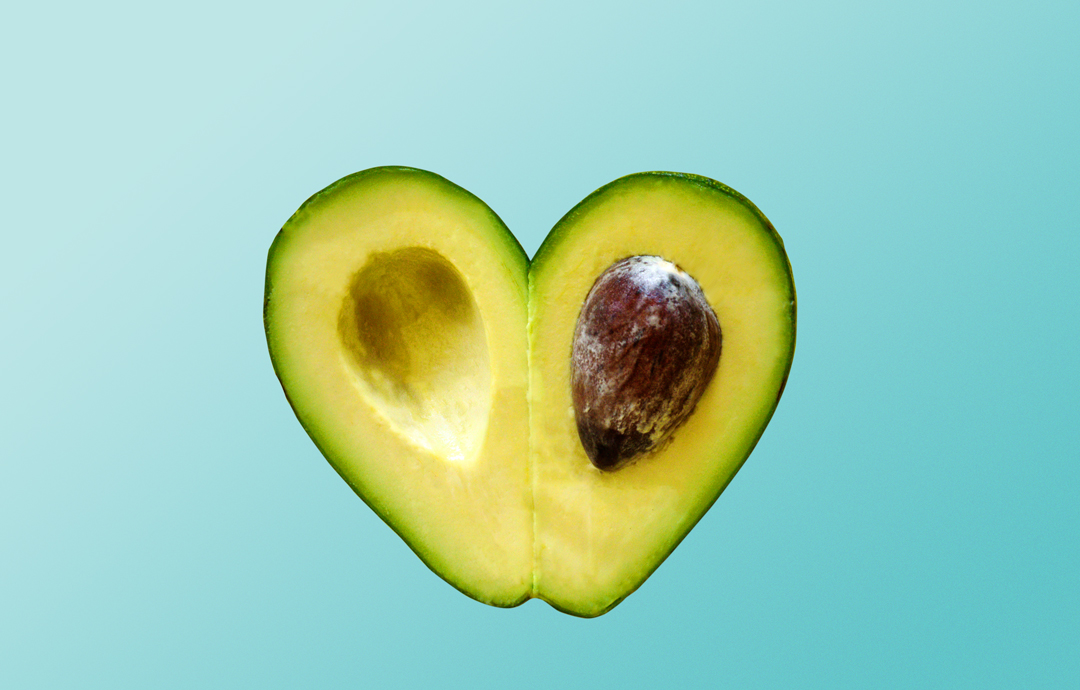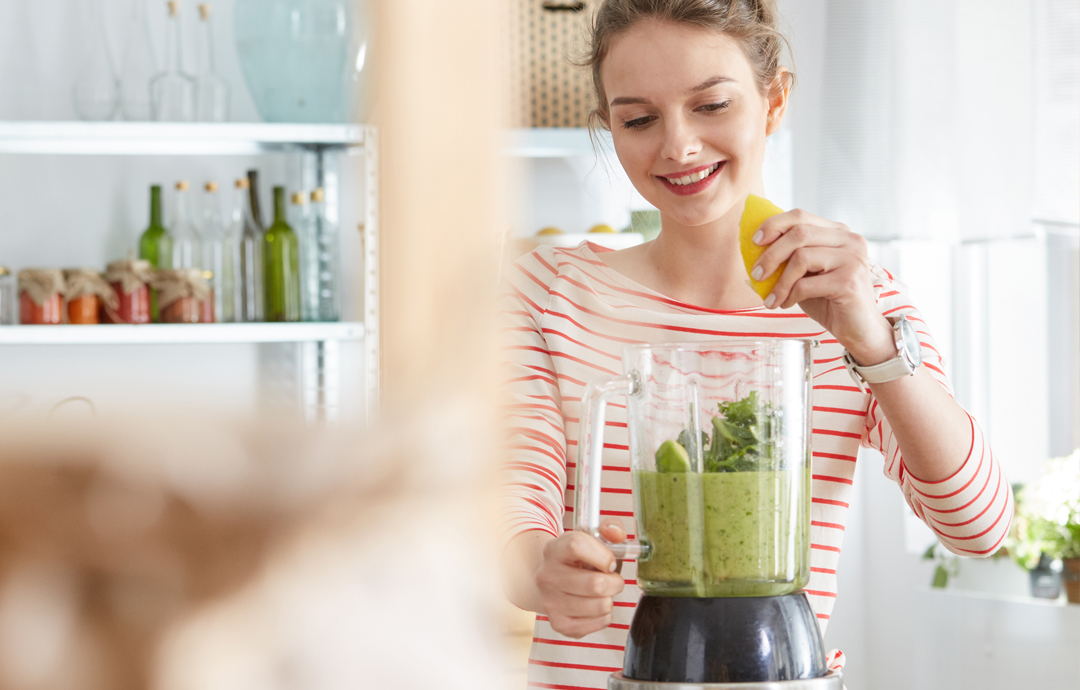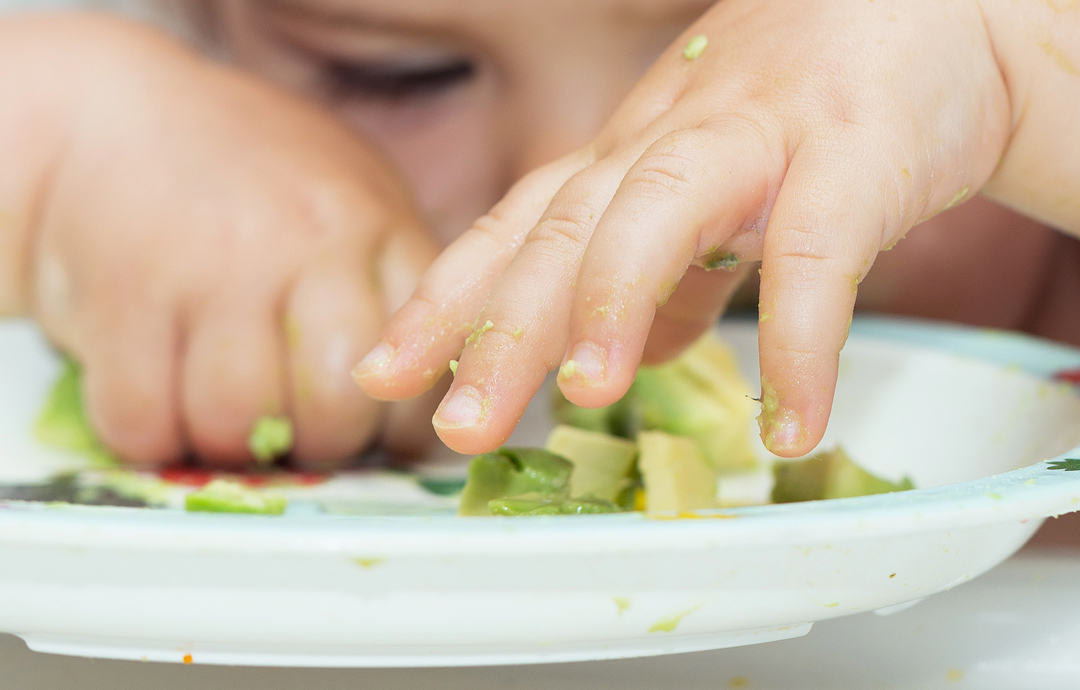Health & Nutrition
Good fats
Gone are the days of fat-phobia but why exactly are these fats good for us? Healthy fats help you absorb essential fat-soluble nutrients (such as vitamin E),1 reduce the risk of developing Type 2 diabetes,2 help maintain heart health,3 promote healthy skin4 and are great for the waistline.5
Stuck for meal ideas that hero healthy fats and are great for the waistline? Some tasty, impressive yet simple options include our avocado, mango and quinoa salad, chilled avocado and dill soup or poached fish with avocado salsa.
Healthy boost
We need two serves of fruit and five serves of vegetables a day. While technically a fruit, avocado is often used like a vegetable. A delicious way to ensure you are getting optimum nutrition from your fruits and vegetables is to make one a serve of avocado.
The nutrients found in avocados can help keep your immune system fighting fit, support mental performance, combat tiredness and even support a good mood.
It’s little wonder there are so many health benefits when a single serve of avocado (½ a medium avocado or 75g) boasts healthy fats, fibre, B vitamins and potassium.
This amazing fruit can also boost the nutrition of other healthy foods. Research shows adding avocado to a salad can increase your ability to absorb goodies from other colourful ingredients five-fold (e.g. lycopene from red tomatoes and beta carotene from orange carrots).6
Mum & bub
Nutritional needs are increased during pregnancy so enjoying nutrient dense foods like avocado is a great way to ensure you are getting bigger bang per mouthful.
Avocados are a source of folate which helps support a healthy pregnancy, B vitamins to fight tiredness, and healthy fats to boost the nutrient absorption from other foods.6
With their soft, creamy texture, mild flavour and impressive nutrient composition, avocados are also a great first food for bubs. The vitamins and minerals found in a single serve of avocado assist with infant growth and development, brain function, muscles and nerves, bones and teeth, vision, skin and hair, healthy gut and immunity.
Good mood food
Did you know what you put in your mouth doesn’t just affect your body but can impact your brain and nervous system?
Avocados contain a brain-loving bundle of nutrients that help put you in a good mood, boost your energy levels and fight fatigue – talk about the ultimate food to kickstart your day!
It’s avocados delicious combination of niacin, folate, potassium and vitamin B5 that help your brain and nervous system perform at its best.
Need some avolicious brekkie inspiration? There are many simple ways to include this mood-boosting fruit in your morning. Try mixing avocado into scrambled eggs, adding it to your smoothie, or give your baked beans on toast a boost with avo.
NUTRITION INFORMATIONServings per package: 2 serves per avocado Serving size: ~75g or ½ avocado | [print-me target=”.nutritionTable” printstyle=”pom-small-black” title=”PRINT TABLE”] | ||
| Average Quantity per Serving | Percentage Daily Intake‡ | Average Quantity per 100g | |
| Energy | 492kJ (120kcal) | 6% | 656kJ (156kcal) |
| Moisture | 55g | 73.5g | |
| Protein, total | 1.1g | 2% | 1.5g |
Fat, total – saturated – trans – polyunsaturated – monounsaturated | 12g 2.2g 0g 1.7g 7.5g | 17% 9%
| 16g 3g 0g 2.2g 10g |
Carbohydrate – sugars | 0g 0g | 0% 0% | 0g 0g |
| Dietary fibre, total | 3.2g | 11% | 4.3g |
| Sodium | 7mg | <1% | 9.2mg |
Potassium Niacin Pantothenic acid Folate Vitamin E Vitamin K^ Polyphenols Beta carotene Lutein | 458mg 1.4mg 0.9mg 97μg DFE 1.3mg 16μg 20mg GAE 54μg 165μg |
14% RDI 18% RDI 48% RDI 13% RDI 20% RDI
| 610mg 1.9mg 1.2mg 129μg DFE 1.7mg 21μg 27mg GAE 72μg 220μg |
Sources: 2021 Hort Innovation analysis data (Hass) or ^ USDA Food Data Central
‡ based on an average adult diet of 8700kJ
RDI is Recommended Dietary Intake (FSANZ regulatory RDI for adults)
< means less than
GAE means Gallic Acid Equivalents DFE means Dietary Folate Equivalents
Avocados should be enjoyed as part of a healthy and varied diet.
References
- Dreher ML et al. Hass Avocado Composition and Potential Health Effects Critical Reviews in Food Science and Nutrition 2013;53:738–750 https://www.ncbi.nlm.nih.gov/pmc/articles/PMC3664913/pdf/bfsn53_738.pdf
- Mirmiran P et al. Fatty acid quality and quantity of diet and risk of type 2 diabetes in adults: Tehran Lipid and Glucose Study. J Diabetes Complications. 2018 Jul;32(7):655-659. doi: 10.1016/j.jdiacomp.2018.05.003. https://www.ncbi.nlm.nih.gov/pubmed/29853261
- Schwingshackl L et al. Monounsaturated fatty acids and risk of cardiovascular disease: synopsis of the evidence available from systematic reviews and meta-analyses. 2012 Dec 11;4(12):1989-2007.https://www.ncbi.nlm.nih.gov/pmc/articles/PMC3546618/
- Nagata C,et al. Association of dietary fat, vegetables and antioxidant micronutrients with skin ageing in Japanese women.Br J Nutr.2010 May;103(10):1493-8. doi: 10.1017/S0007114509993461.
- Fulgoni VL 3rd et al. Avocado consumption is associated with better diet quality and nutrient intake, and lower metabolic syndrome risk in US adults: results from the National Health and Nutrition Examination Survey (NHANES) 2001-2008. Nutr J. 2013 Jan 2;12:1.
- https://www.ncbi.nlm.nih.gov/pmc/articles/PMC3545982/pdf/1475-2891-12-1.pdfUnlu NZ et al. Carotenoid absorption from salad and salsa by humans is enhanced by the addition of avocado or avocado oil. J Nutr. 2005 Mar;135(3):431-6. https://www.ncbi.nlm.nih.gov/pubmed/15735074




